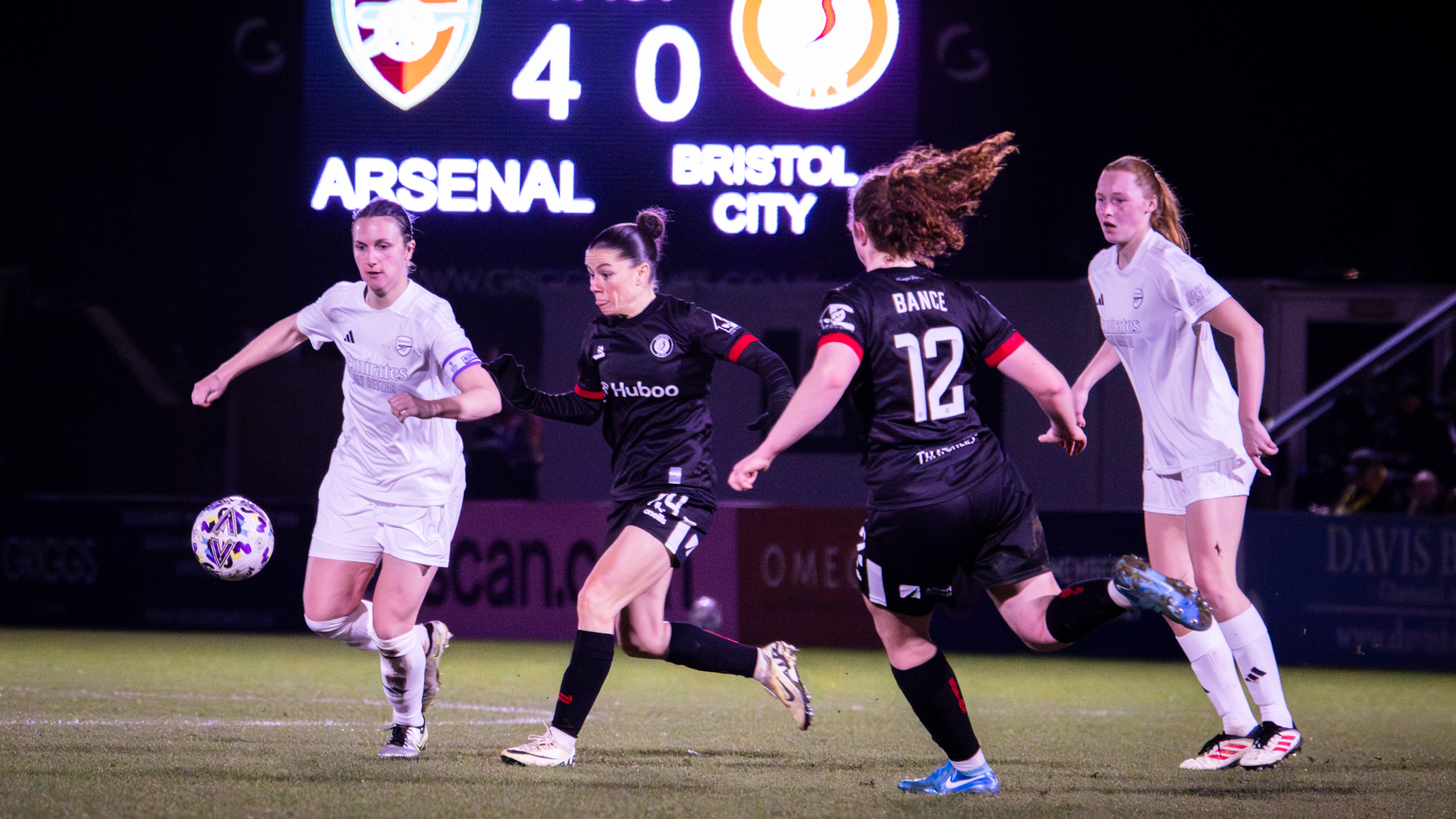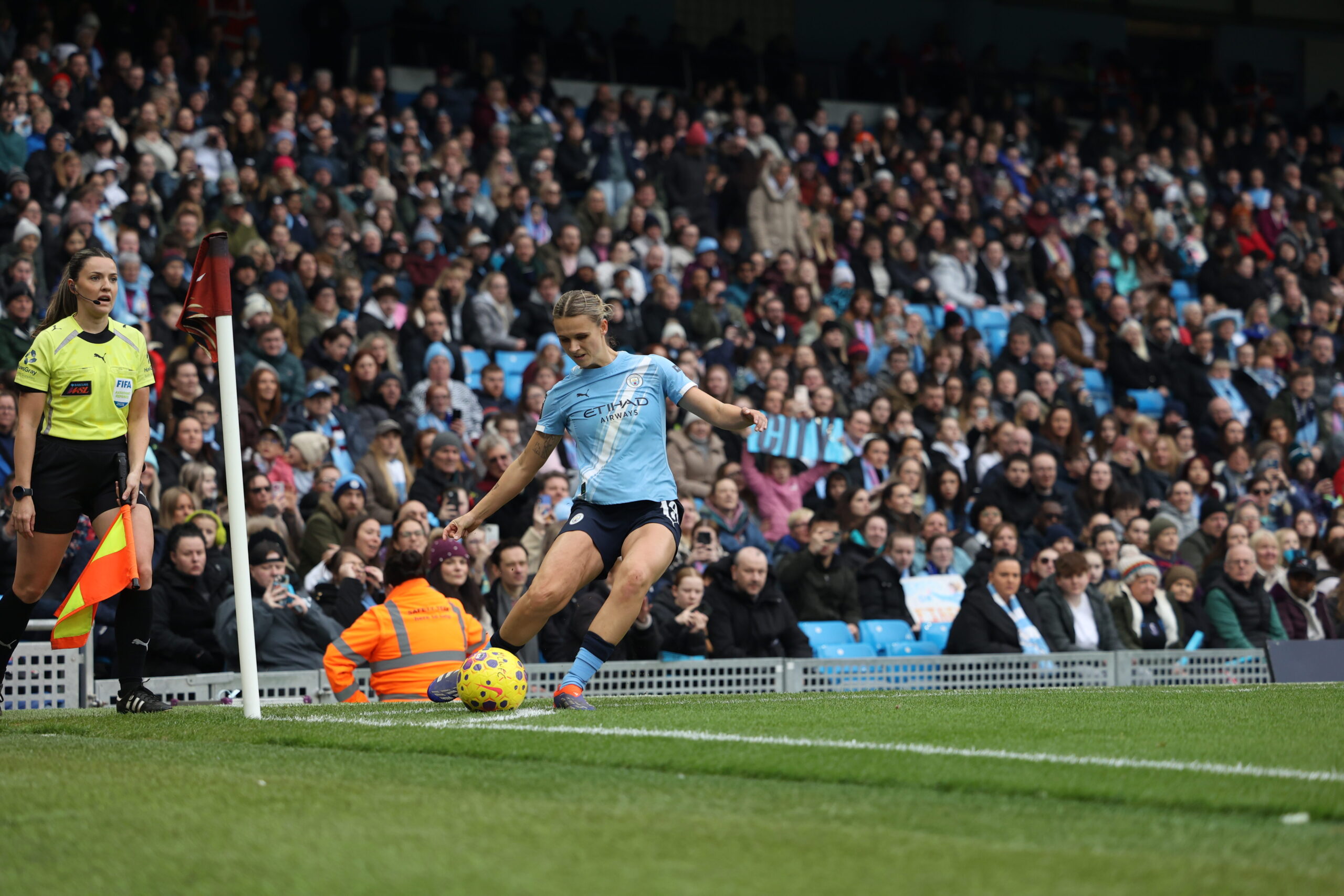When Bristol City’s relegation to the Women’s championship was confirmed in May 2024, chair Gavin Marshall said in a BBC Radio interview that “it is very hard to compete” in the Women’s Super League. Bristol City were the only team that season not to be associated with a men’s Premier League Club and ultimately paid the price. The story of Bristol City has become all too familiar in the world of women’s football.
Their relegation was a microcosm of the ever-widening financial chasm between women’s teams backed by men’s Premier League funding. The current contingent of WSL teams are all associated with current Premier League teams. The league standings for both are eerily similar, with the teams that are congregated at the top of the WSL closely mirroring those at the top of the Premier League. The bottom half of both tables follows the same pattern, with teams at the bottom end of the table in the WSL matching up with their male counterparts.
Women’s football has a unique opportunity to truly differentiate itself from its male counterpart, where financial firepower is not the be all and end all to success. Yet it has followed the same worrying trends that many have criticised men’s football for. They are starting to creep into women’s football. It is difficult to believe that if the same pattern continues, other worrisome trends from men’s football will soon be imposed on women’s football. Will women’s football’s fabled affordability become something of the past? Will its community spirit be thrown to the wayside? It’s a serious concern that is at the forefront of the minds of many fans of the sport.
Yet it would be premature to abandon all hope just yet. Women’s football could restore some semblance of financial balance and equality however this would need to come from those at the top. Premier League backed clubs should realise that a competitive league that allows all teams to be on an equal playing field is for the benefit of all.
Whether these clubs would be willing to sacrifice this advantage for the betterment of the sport remains to be seen. Top tier clubs are not known for their charitable nature, but intervention may be needed. The WPLL could really make a stand as a beacon for change by using its power and authority to balance things out, allowing teams without Premier League funding to really make their mark in women’s football and making sure those at the top are using their financial might for overall good. It would also take serious commitment.
Secondly, as of writing, the top six teams in the Women’s Championship are not backed by Premier League clubs. This virtually guarantees that one of these clubs will be in the WSL next season. In the case of London City Lionesses, they have no men’s team backing at all. Whether these clubs treat their promotion as a big opportunity to lay down a marker in women’s football and solidify their top division status remains to be seen. The opportunity, however, should be grasped with both hands.



